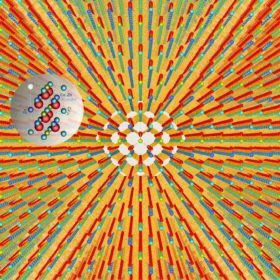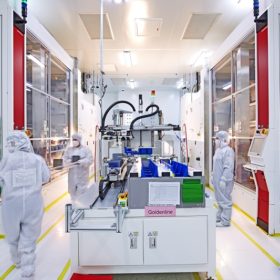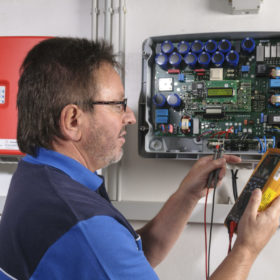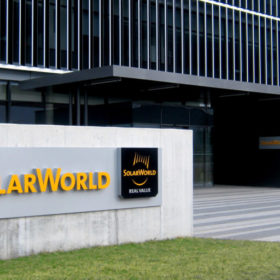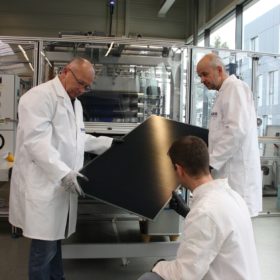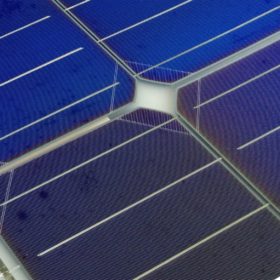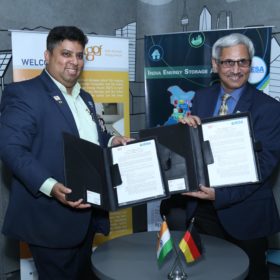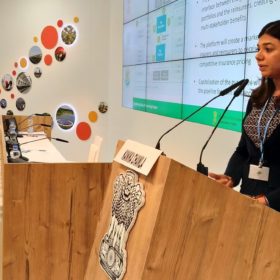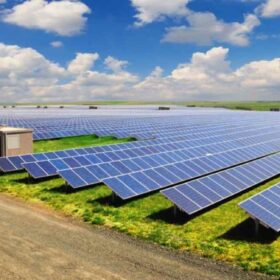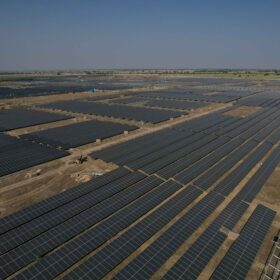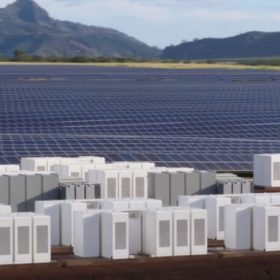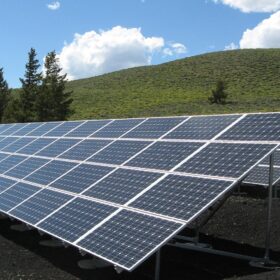German scientists use germanium to improve performance of kesterite solar cells
Although current efficiencies for solar cells based on kesterite do not exceed 12.6%, the use of germanium may enable the development of cells with a higher energy band gap.
Cell manufacturer ranking
pv magazine teams up with solar market analysts at IHS Markit to run through the top 10 crystalline silicon cell manufacturers of 2017, and the events that shaped their market landscape throughout the year.
TÜV Rheinland exposes inverter, battery hacking vulnerabilities
Testing from TÜV Rheinland has revealed that PV inverters and battery storage systems are vulnerable to hacking. By changing system parameters, a hacker could potentially cause a battery system to corrode, “making it like a ‘bomb’.”
SolarWorld files for insolvency – again
Roughly seven months after its new beginning, the German solar PV manufacturer has again filed for insolvency at the District Court of Bonn – the second time in one year. SolarWorld blames the planned phasing out of anti-dumping measures by the EU Commission against Chinese competition and the further drop in prices.
A multi-layered battle
Lamination innovation: The ongoing ambition of laminator manufacturers is to develop machines that can deliver high output through a faster lamination process, while simultaneously reducing their footprint by combining several machines into one. However, an in-depth process know-how is essential in order to produce defect-free modules. Which players possess such knowledge?
Germany’s ISFH announces 26.1% efficiency for p-type crystalline cells
The Institute for Solar Energy Research Hamelin (ISFH) and the Leibniz Universität Hannover claim that this result is a world record for p-type silicon material, as well as a European record for crystalline silicon.
IESA, IGEF sign deal at Intersolar India to promote energy storage
India Energy Storage Alliance (IESA) has signed an MoU with Indo-German Energy Forum (IGEF) to promote and facilitate the energy storage business in India among various German and Indian stakeholders.
India committed to its renewable energy targets, MNRE says at COP23
Panel consisting of government officials and industrialists organized discussion on ‘Innovative Financing and Market Evolution to achieve 175 GW renewables by 2022’ at the India pavilion at COP23 in Bonn. The government remains ambitious to meet its target and to follow sustainable development.
PI Berlin creates subsidiary in India
The Photovoltaik-Institut Berlin (PI Berlin) has created a new subsidiary based in Delhi to help local manufacturers provide quality assurance and consultancy relating to the planning, construction and operation of solar power plants.
ISA presents risk mitigation feasibility study for pilot 20 GW capacity
The International Solar Alliance (ISA) presents its first offering, a Common Risk Mitigation Mechanism (CRMM) feasibility study, at COP23 in Bonn, Germany, to deepen solar markets, which aims to mobilize up to $1trn of capital investment by 2030.
